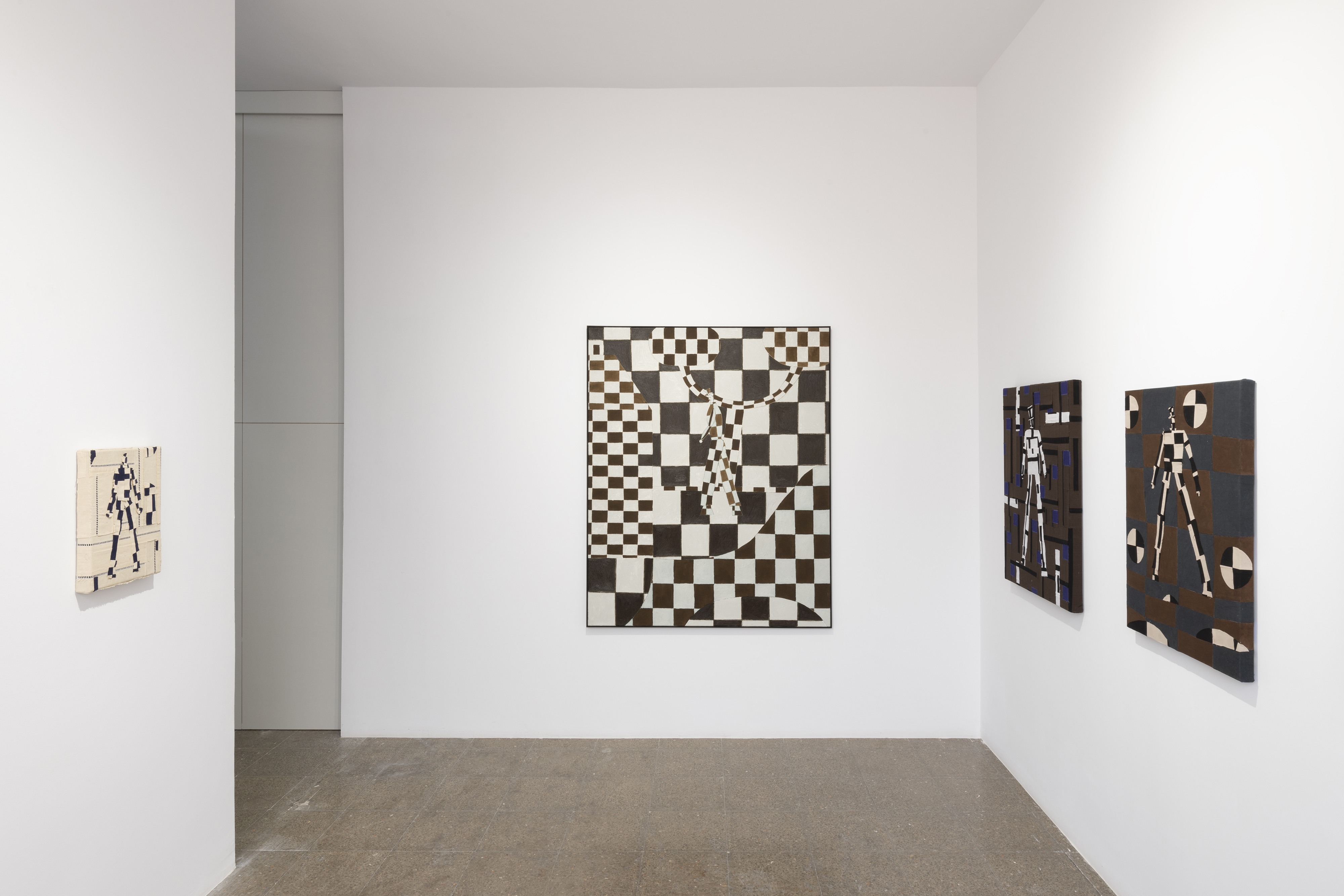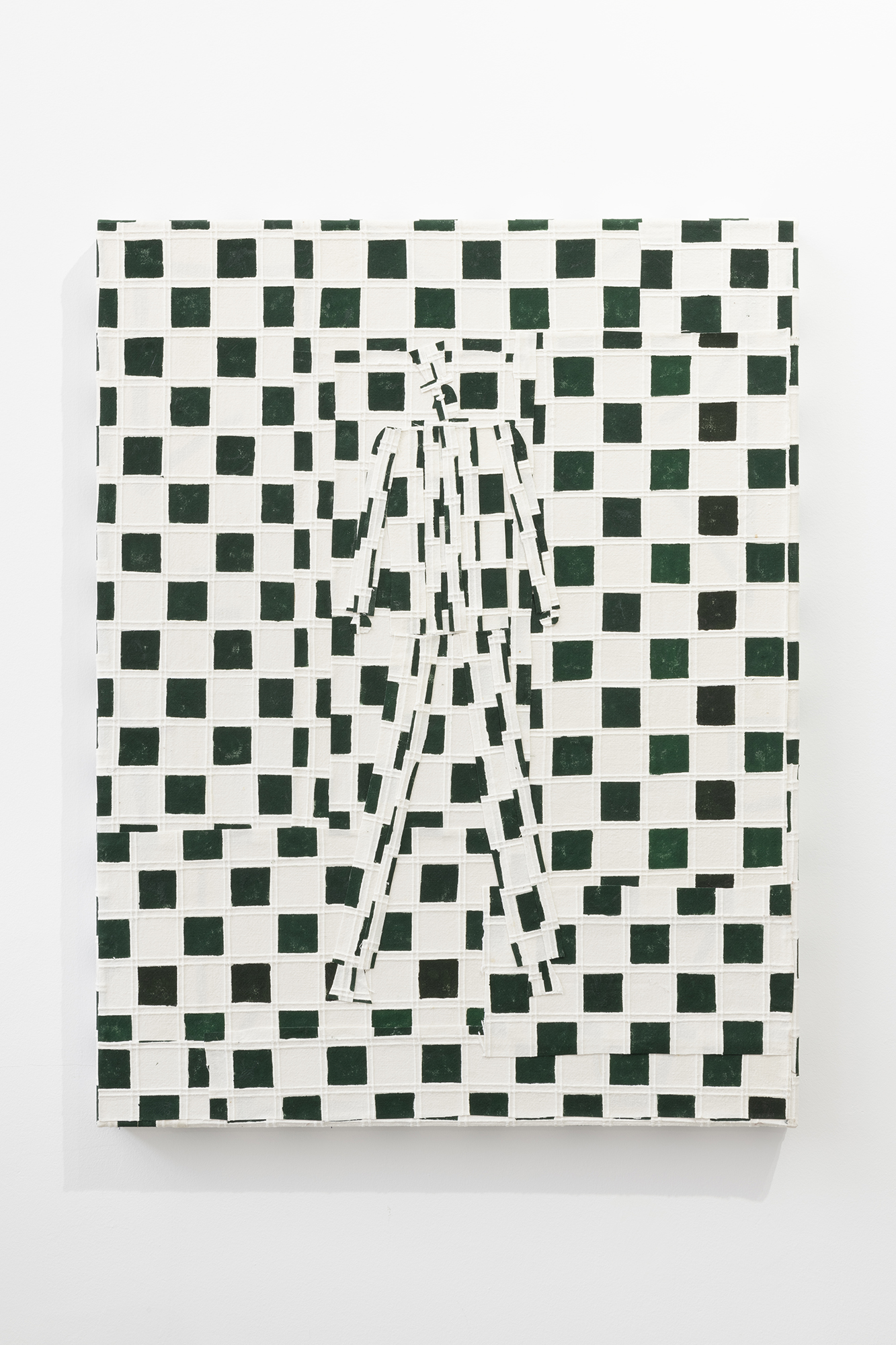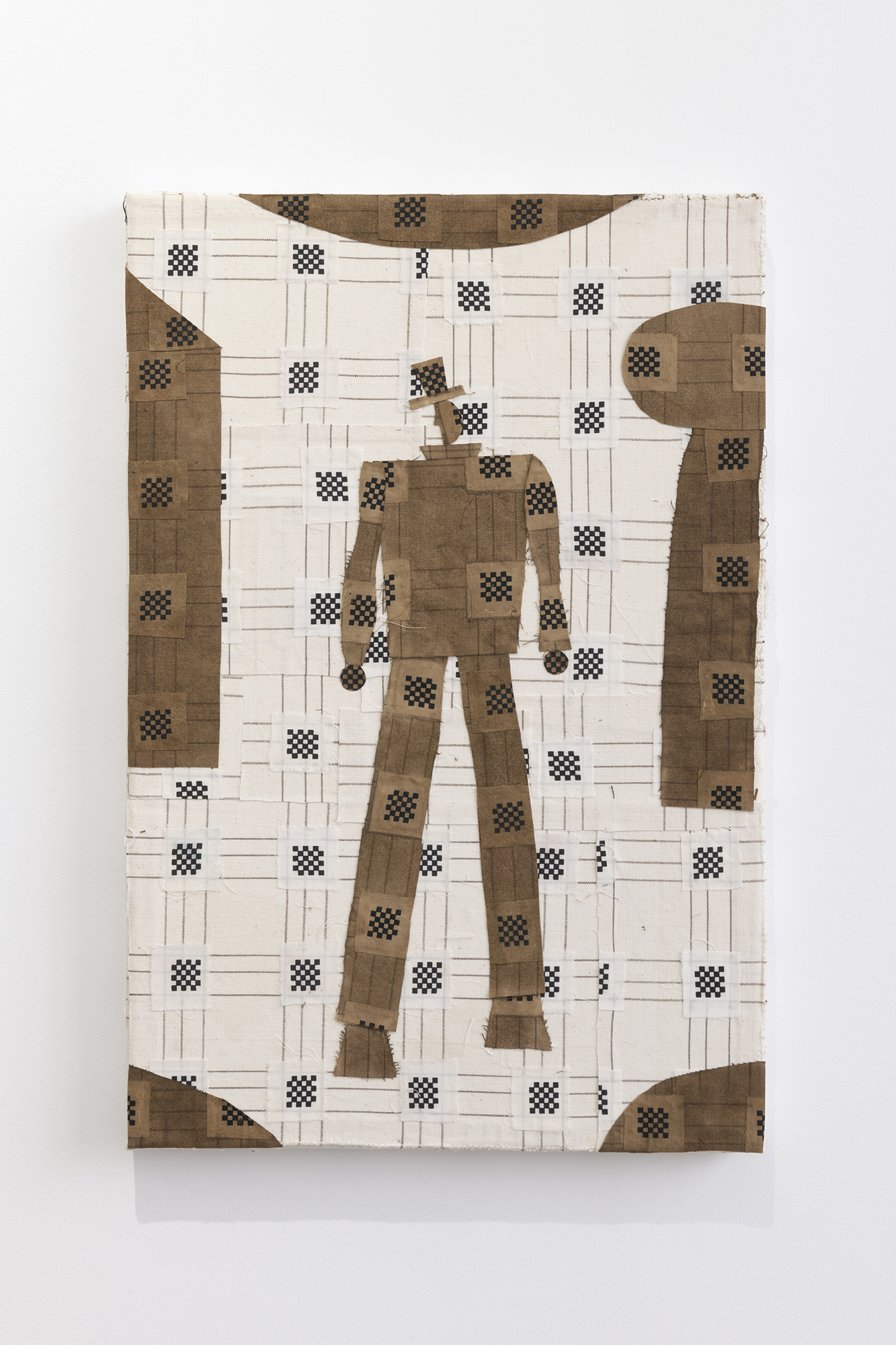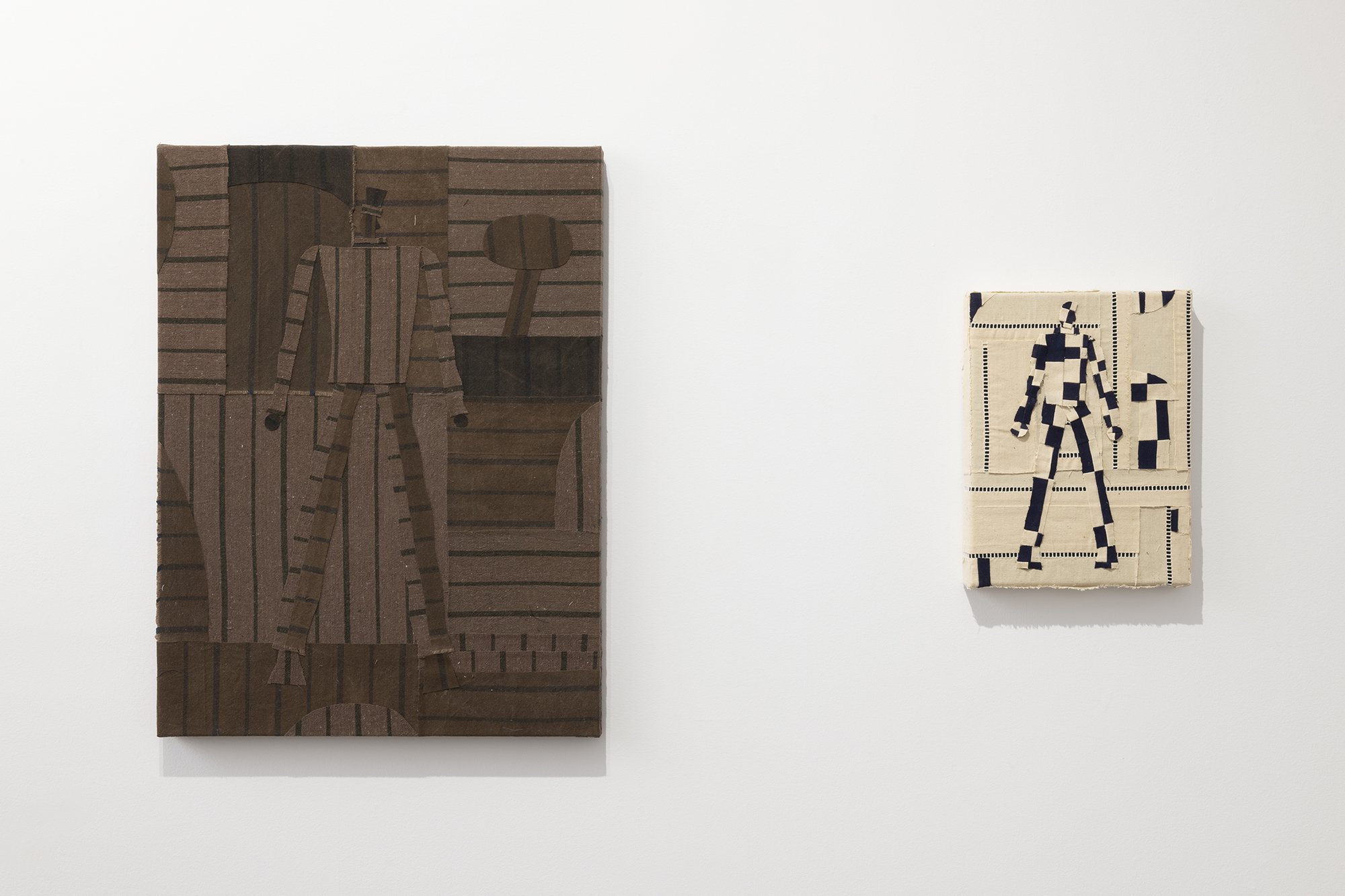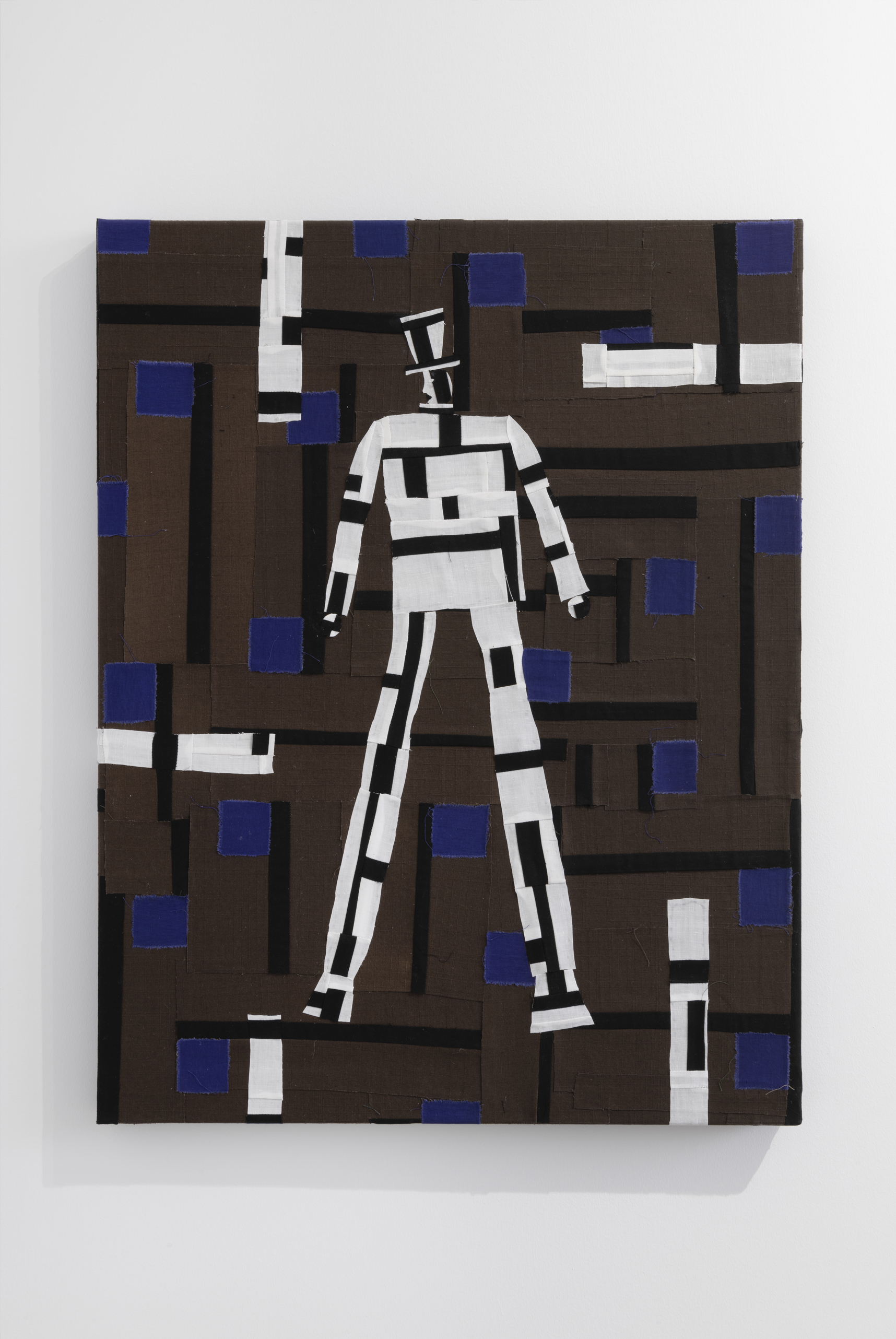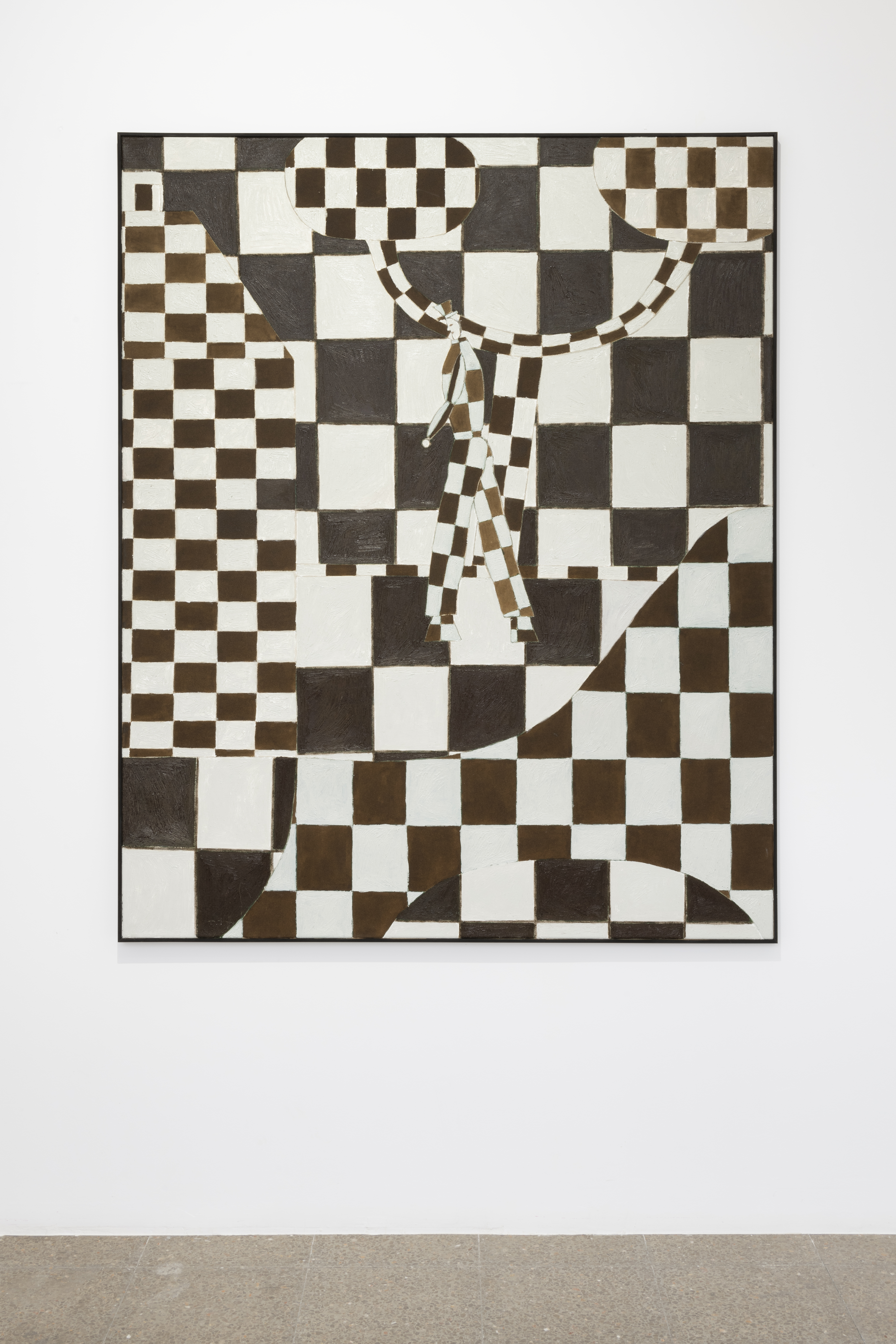Walk in Progress
solo-exhibition, L21 Barcelona (Spain)
January 14 — April 7, 2023
www.l21gallery.com
For inquiries and available work:
enrique@l21gallery.com
solo-exhibition, L21 Barcelona (Spain)
January 14 — April 7, 2023
www.l21gallery.com
For inquiries and available work:
enrique@l21gallery.com
The “theme and variations” structure is
particularly well known in classical music,
and some compositions that follow this
method have been incredibly successful,
such as Bach’s famous “Goldberg Variations”. It is a formal technique in which the
same material is repeated in different ways.
But this means of approaching the creative
process is also common in art. To put just a
few examples, at the end of the 19th century,
Monet made a series of paintings in La
Vallée de la Creuse where he explored the
effect of natural light on the same landscape. This was his first planned and defined
series. And during the 60s, “artists challenged the traditional reverence for the unique
masterpiece and instead explored the
possibilities of repetition and change. (...)
The works do not present final aesthetic solutions, but rather they express a moment in the infinite multitude of possibilities”.
The works do not present final aesthetic solutions, but rather they express a moment in the infinite multitude of possibilities”.
Dutch artist Geran Knol naturally connects
with this way of seeing the world and
creating. Both as an artist and as a musician,
he explores repetition and variation in a
conscious and intuitive way. He started his
career as an illustrator, but in 2020 he
started painting on canvas and from then on
there was a paradigm shift. Physical matter
gained more and more importance until
reaching the present time. In addition to
drawing and painting, he now manipulates
found fabric to stitch and patchwork it into
distorted patterns and collage.
The title of this solo exhibition, “Walk in Progress”, refers precisely to the idea of series and constant search. Geometri and human figures are recurrent in his work, but they are evolving. The artworks exhibited here explore lines and grids on which a human figure stands out, always looking sideways and alone. In fact, from the narrative or even emotional point of view, the isolated figures, with no defined features and a certain melancholic air, seem to explore a chosen or imposed state of solitude. But Knol also likes his work to highlight his naïve signature, which softens what we see. And indeed, there is something poetic about this mix of humor, nostalgia, and innocence.
The title of this solo exhibition, “Walk in Progress”, refers precisely to the idea of series and constant search. Geometri and human figures are recurrent in his work, but they are evolving. The artworks exhibited here explore lines and grids on which a human figure stands out, always looking sideways and alone. In fact, from the narrative or even emotional point of view, the isolated figures, with no defined features and a certain melancholic air, seem to explore a chosen or imposed state of solitude. But Knol also likes his work to highlight his naïve signature, which softens what we see. And indeed, there is something poetic about this mix of humor, nostalgia, and innocence.
In addition to reproducing the same figures
numerous times, Knol is interested in
establishing a set of rules or limitations to later connect with the creative freedom
within that structure. Sometimes the size of the fabric works as a limit, or the rule is to
follow a certain geometric pattern. As David
Hockney, one of the painters who has
influenced him the most, said: “You’ve got to plan to be spontaneous”. In a way, Knol’s
work functions with dichotomies: variation and repetition, flatness and depth, limits and
spontaneity. Looking at “An Outside Scene and “A Bigger Outside Scene” (whose title are actually inspired by two works by Hockney) one can truly understand the meaning 22
of this search and experience how subtle
variations can convey similar yet distinct
emotions.
Exhibition text written by Florence Rodenstein
Exhibition text written by Florence Rodenstein

